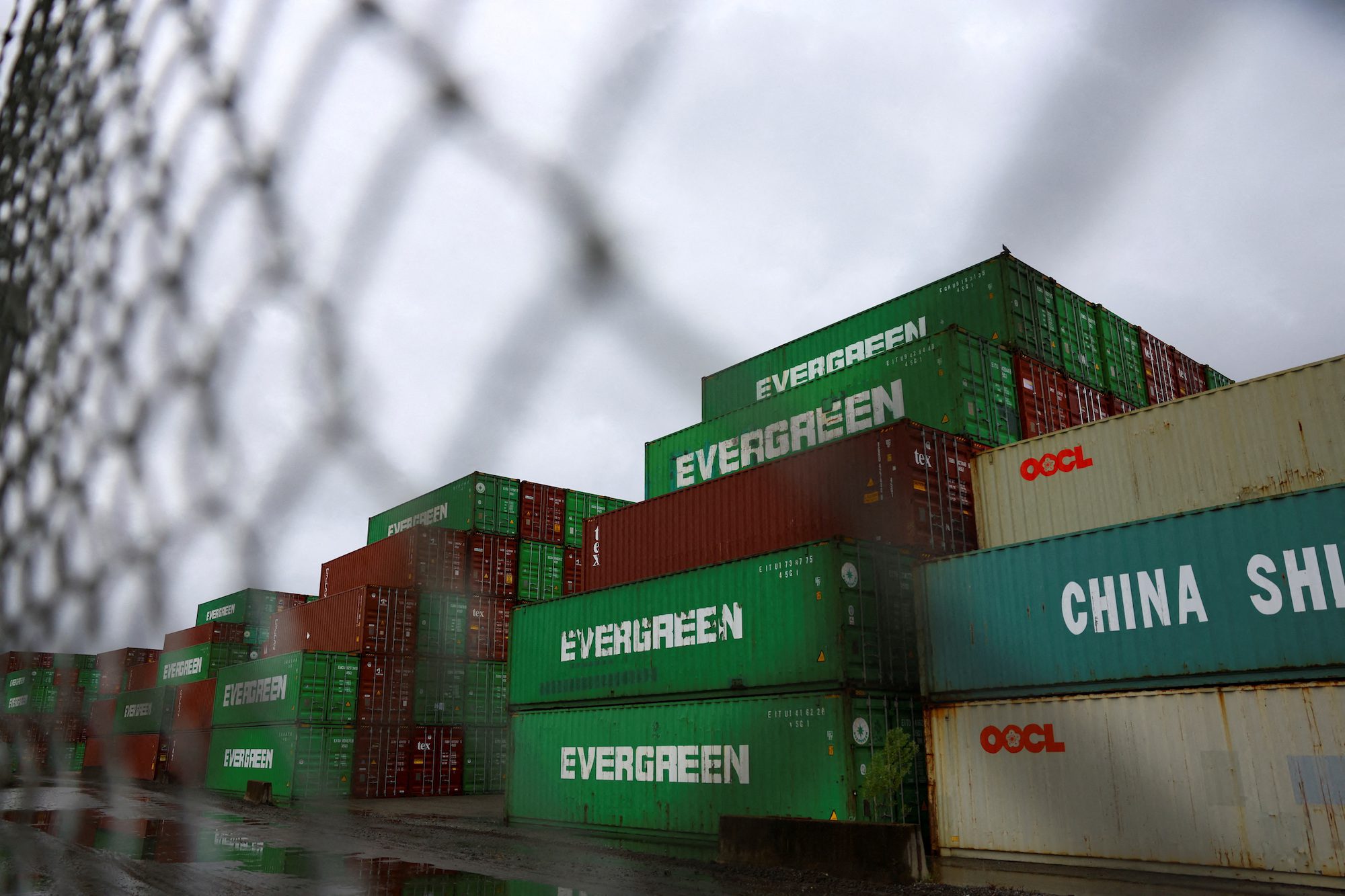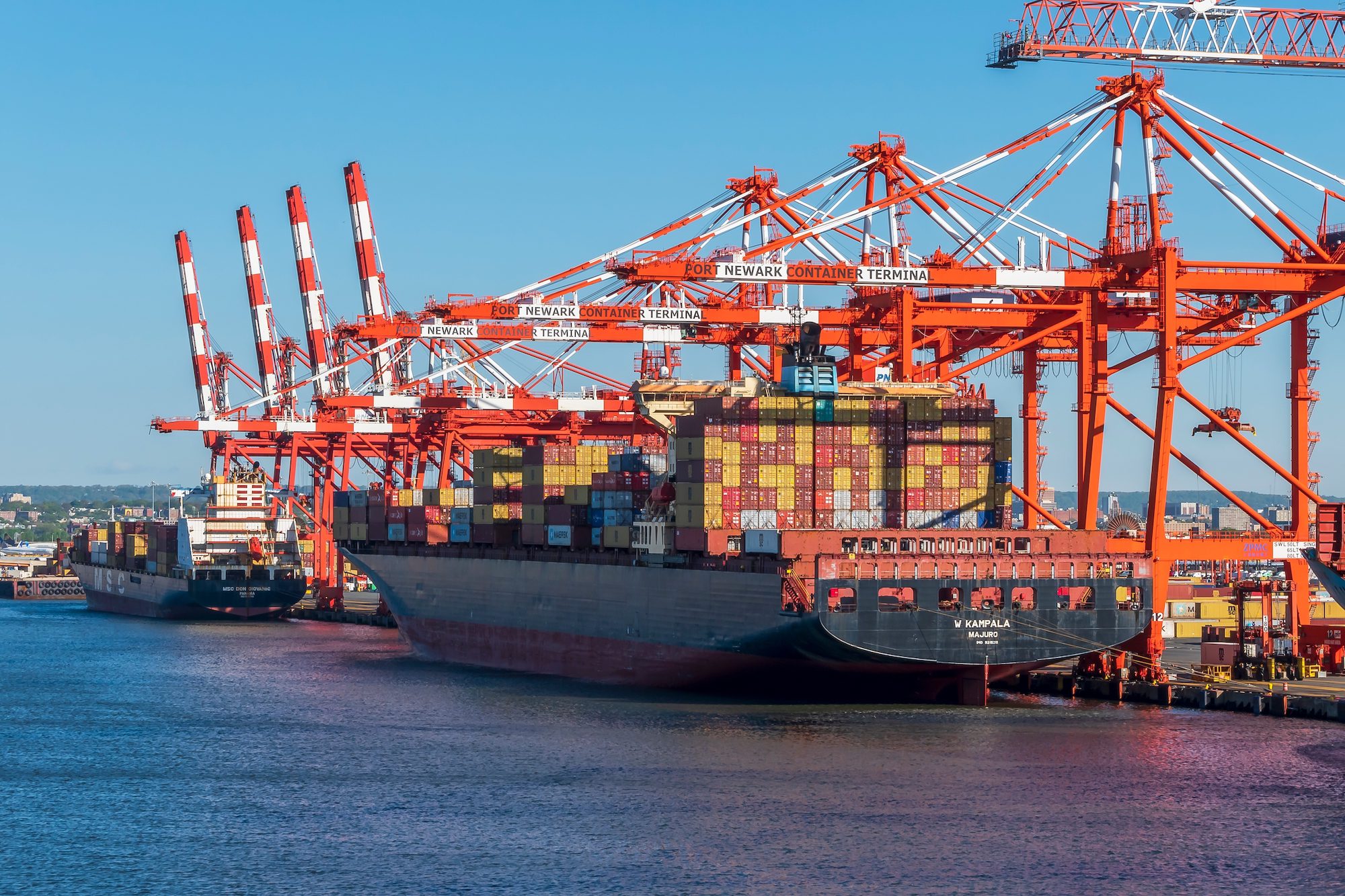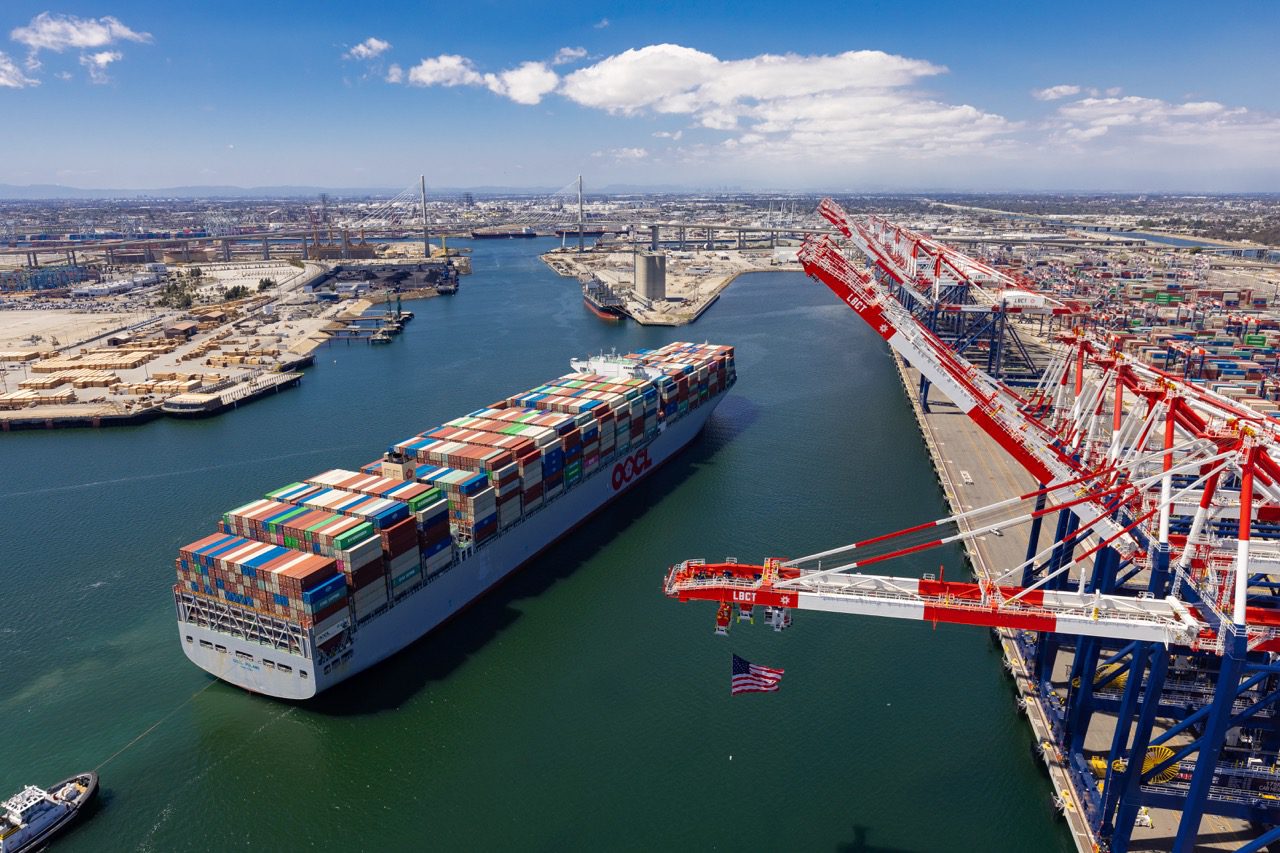The widespread dockworker strike at East and Gulf Coast ports has prompted numerous organizations and stakeholders in America’s supply chain to urge the Biden-Harris Administration to intervene, citing potential severe economic consequences.
The strike, which began on Tuesday, affects approximately half of all U.S. containerized imports and exports during the peak ocean shipping season and a roaring U.S. economy.
Update: Tentative Agreement Reached to End U.S. Port Strike
The dispute centers on wage increases and protections against automation between the International Longshoremen’s Association (ILA) and United States Maritime Alliance (USMX), representing marine terminal operators—many of them foreign shipping companies—at ports along the Atlantic and Gulf Coast from Maine to Texas.
Economic Impact
The labor action threatens to worsen already strained ocean supply chains following significant disruptions this year due to conflicts in the Red Sea, drought in the Panama Canal, and the Baltimore bridge collapse.
Economic impact estimates are substantial, with Moody’s Analytics estimating a daily hit to the U.S. economy of at least $500 million initially, potentially rising to $2 billion per day if the strike continues for several weeks. Meanwhile, the National Association of Manufacturers (NAM) warns that the strike “would jeopardize $2.1 billion in trade daily, and the total economic damage could reduce GDP by as much as $5 billion per day”.
Taft-Hartley Act
As the consequences of prolonging the port strike come to the fore, calls for presidential intervention under the Taft-Hartley Act have intensified. Invoking the act would allow for the president to intervene in the labor dispute on the grounds of a national emergency, and force ports to resume operations while negotiations continue. However, the Biden Administration has strongly indicated its reluctance to use the measure, and has instead encouraged collective bargaining as the “best way for workers to get the pay and benefits they deserve.”
ILA union president Harold Daggett has also dismissed the effectiveness of invoking the Taft-Hartley Act, suggesting that workers would slow down port operations in response. “Taft-Hartley means I have to go back to work for 90 days as a cooling off period,” said Dagget in a now-infamous video posted in early September. “Do you think those men are going to go back to work on that pier? It’s going to cost the companies money to pay their salaries while they went from 30 moves per hour, down to maybe 8.”
In a statement posted Monday night just hours before the strike began, the International Brotherhood of Teamsters, the largest union in the United States, expressed its full solidarity with the ILA and issued a warning to the Biden Administration. “The U.S. government should stay the f**k out of this fight and allow union workers to withhold their labor for the wages and benefits they have earned.”
Industry Pressure
However, various industry associations are now voicing their concerns and are urging the president to use his authority to restore port operations, including by invoking the Taft-Hartley Act.
“These ports collectively handle more than 68% of all containerized exports and 56% of imports for the nation, with a daily trade value exceeding $2.1 billion,” the U.S. Chamber of Commerce said. “We understand labor negotiations are complex, but we urge [President Biden] to protect our economy by invoking Taft-Hartley and avoiding a work stoppage.”
The National Retail Federation (NRF), the largest retail association in the country, is also pressuring President to “use any and all available authority and tools,” including the Taft-Hartley Act, to restore port operations. “A disruption of this scale during this pivotal moment in our nation’s economic recovery will have devastating consequences for American workers, their families and local communities,” the NRF said.
Meanwhile, a coalition of over 270 local, state, and federal trade associations said that while the collective bargaining process is the preferred method of ending the strike, it’s time for the administration to step in. “Given the dire situation and the massive negative ramifications for our industries and the economy, we implore you to take immediate action to resolve this situation expeditiously,” the statement said.
Lawmakers are also joining the calls for intervention. Earlier this week, Transportation and Infrastructure Committee Chairman Sam Graves (R-MO) and Coast Guard and Maritime Transportation Subcommittee Chairman Daniel Webster (R-FL) urged the President to invoke his authority under the Taft-Hartley Act to reopen the ports and bring the parties back to the negotiating table.
Negotiations Status
Recent statements from the ILA and USMX indicate that negotiations are at an impasse.
At the heart of the dispute is the language related to automation and the USMX’s proposed “nearly 50% wage increase,” which the ILA contends fails to adequately address their members’ concerns regarding wage progression and job security. The ILA staunchly opposes any form of automation—full or partial—that could potentially replace jobs or traditional work functions.
In response, the USMX has urged the ILA to resume negotiations to resolve the remaining critical issues. “Reaching an agreement will require negotiating—and our full focus is on how to return to the table to further discuss these vital components, many of which are intertwined. We cannot agree to preconditions to return to bargaining—but we remain committed to bargaining in good faith to address the ILA’s demands and USMX’s concerns,” the USMX stated on Wednesday.
As ships queue up outside closed ports, President Biden expressed cautious optimism on Thursday. “I think we’re making progress,” Biden told reporters, without elaborating. “We’ll find out soon.”

 Join The Club
Join The Club











